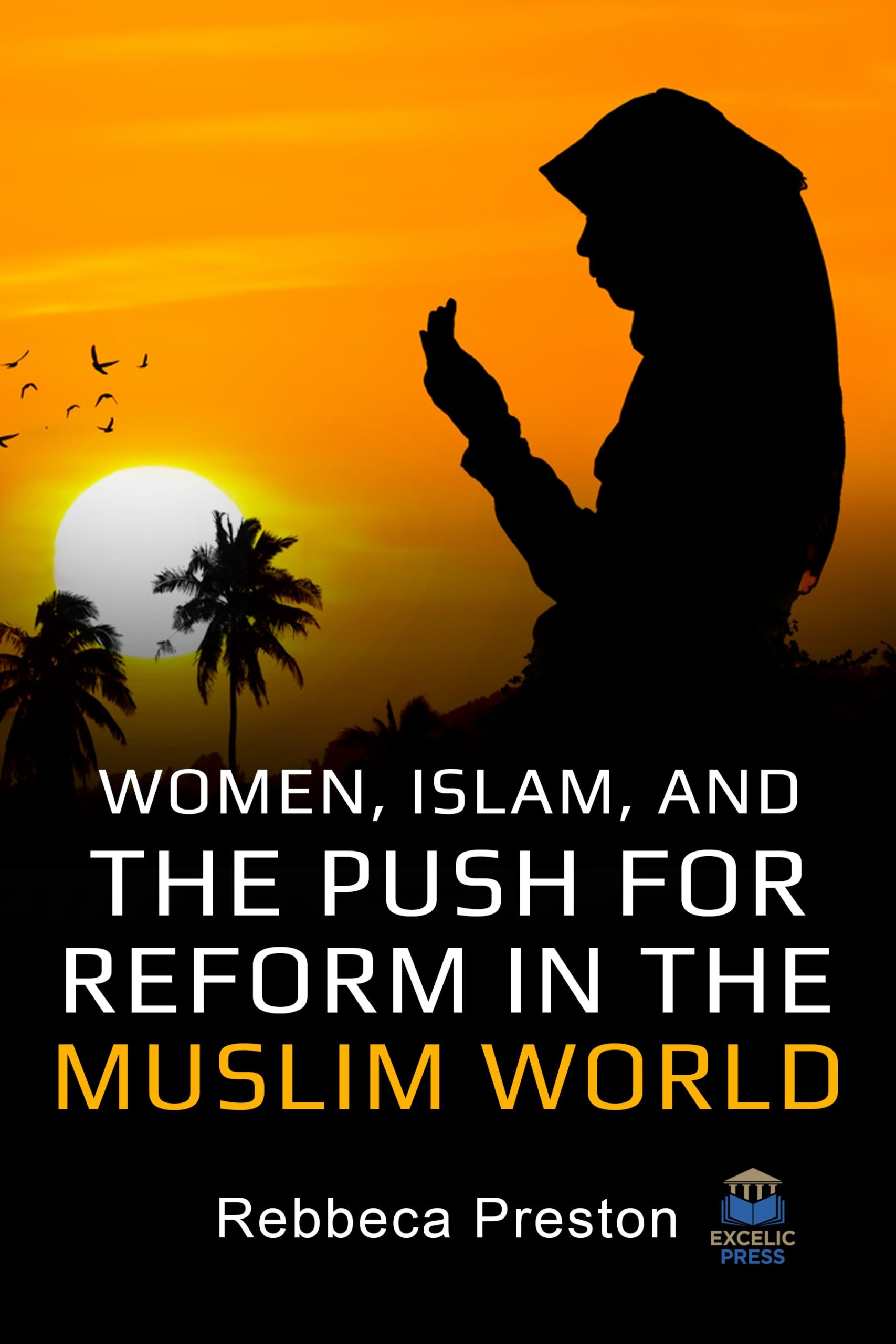Human rights are considered to be the rights of the people just by virtue of being human. Discussions of the past and present of women in the Muslim world are often charged with ideological commitments, even when their authors are attempting to be scientific and objective. Women have always played a vital role in human development, but a role that has largely been unsung and unrecognized. In very few cultures, until relatively recently, have women been acknowledged as having an equal role with men, and as having equal rights to participate in all social spheres. Numerous means, including selective interpretation of key religious texts, have been used to deny women those rights. The discussion of Muslim women may be particularly wrenching for a scholar who wishes to overcome widespread prejudices against Islam on the one hand, but not ignore the problems of Muslim women on the other.
The question of women rights and empowerment in Islam are one of the most controversial issues within the Islamic schema of human rights. The rights of women as given in the Qura’n and the traditions of Prophet Muhammad were a revolutionary step in the 7th century Arabia. However, the context driven reforms of rights of women in Islam is subject to many challenges in the traditional Muslim societies.
Women, Islam, and the Push for Reform in the Muslim World deals with the rights enjoyed by Muslim women, the diversity of their functions as Islam sees it, the concepts of marriage, divorce and polygamy and how social and moral values are preserved in Islam. The book takes the approach of understanding the dichotomy of ‘public’ and ‘private’ spheres in the lives of Muslim women and its impact on the question of women’s rights and empowerment.

